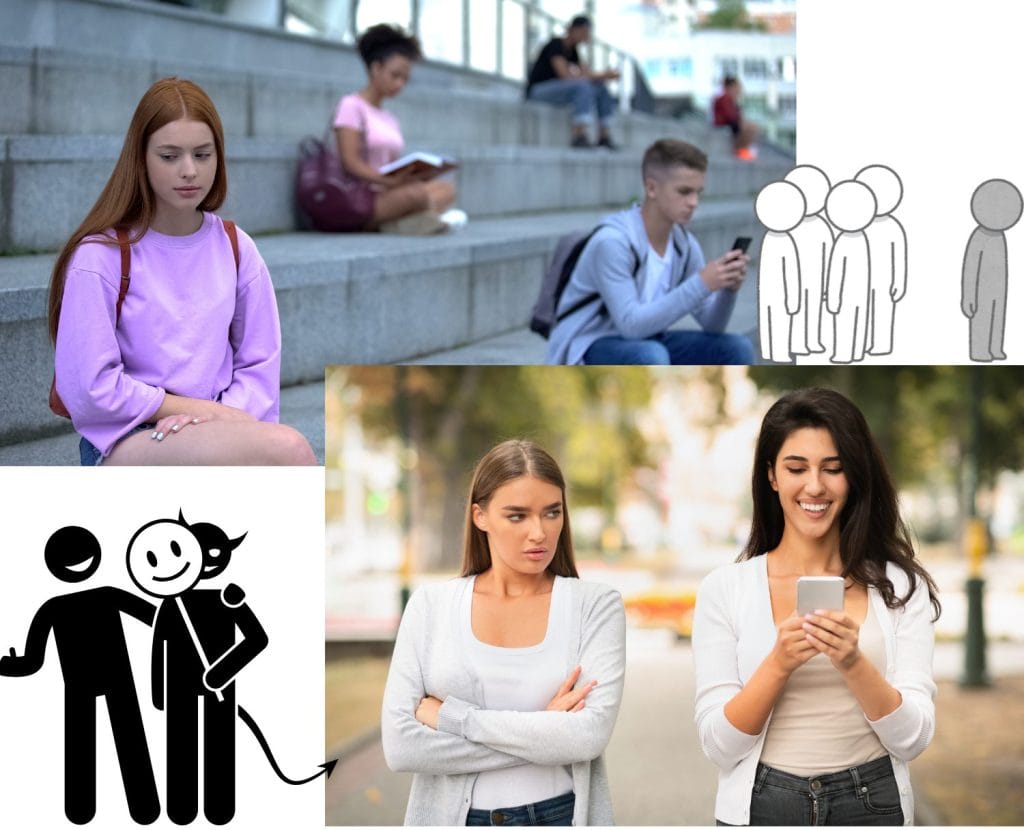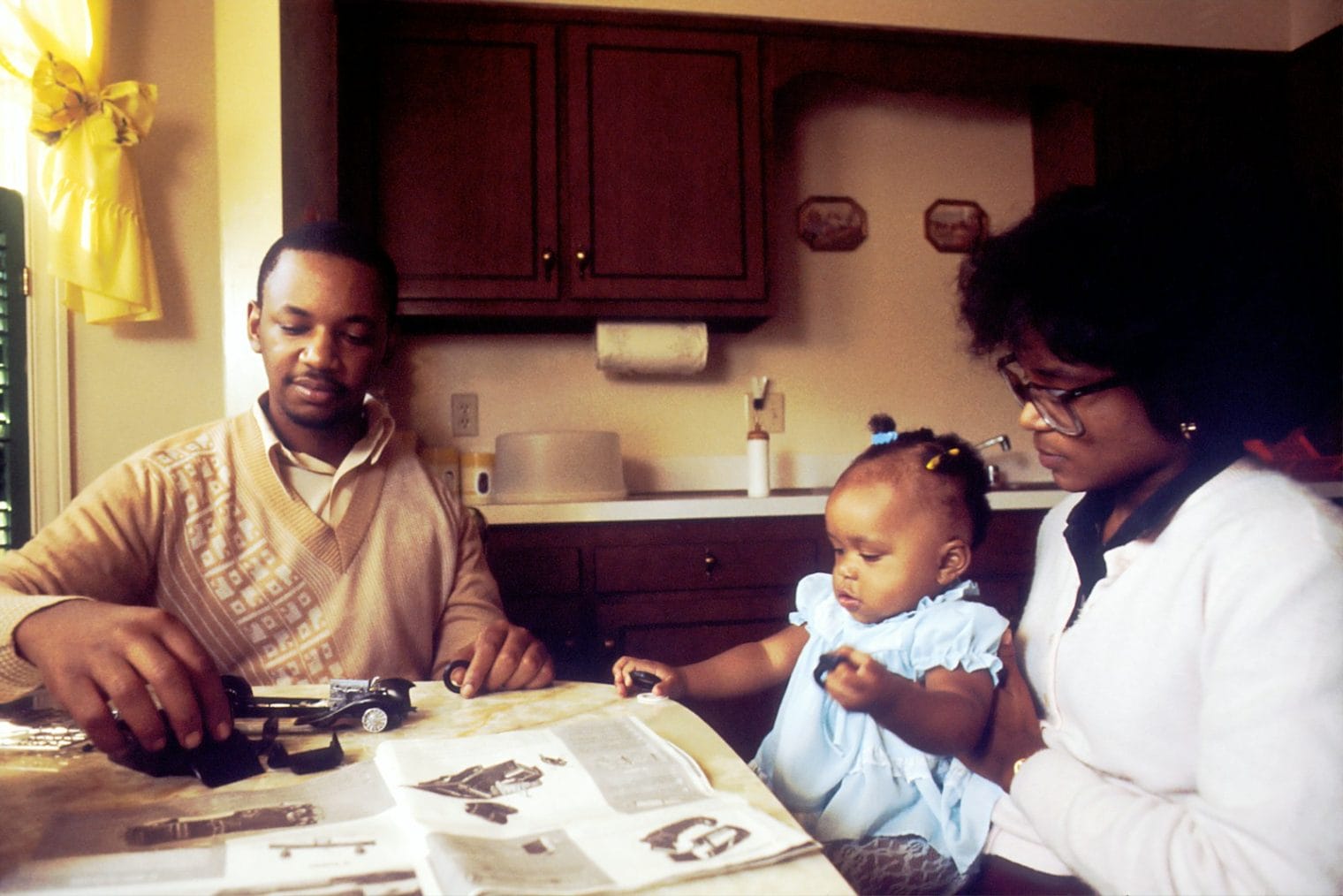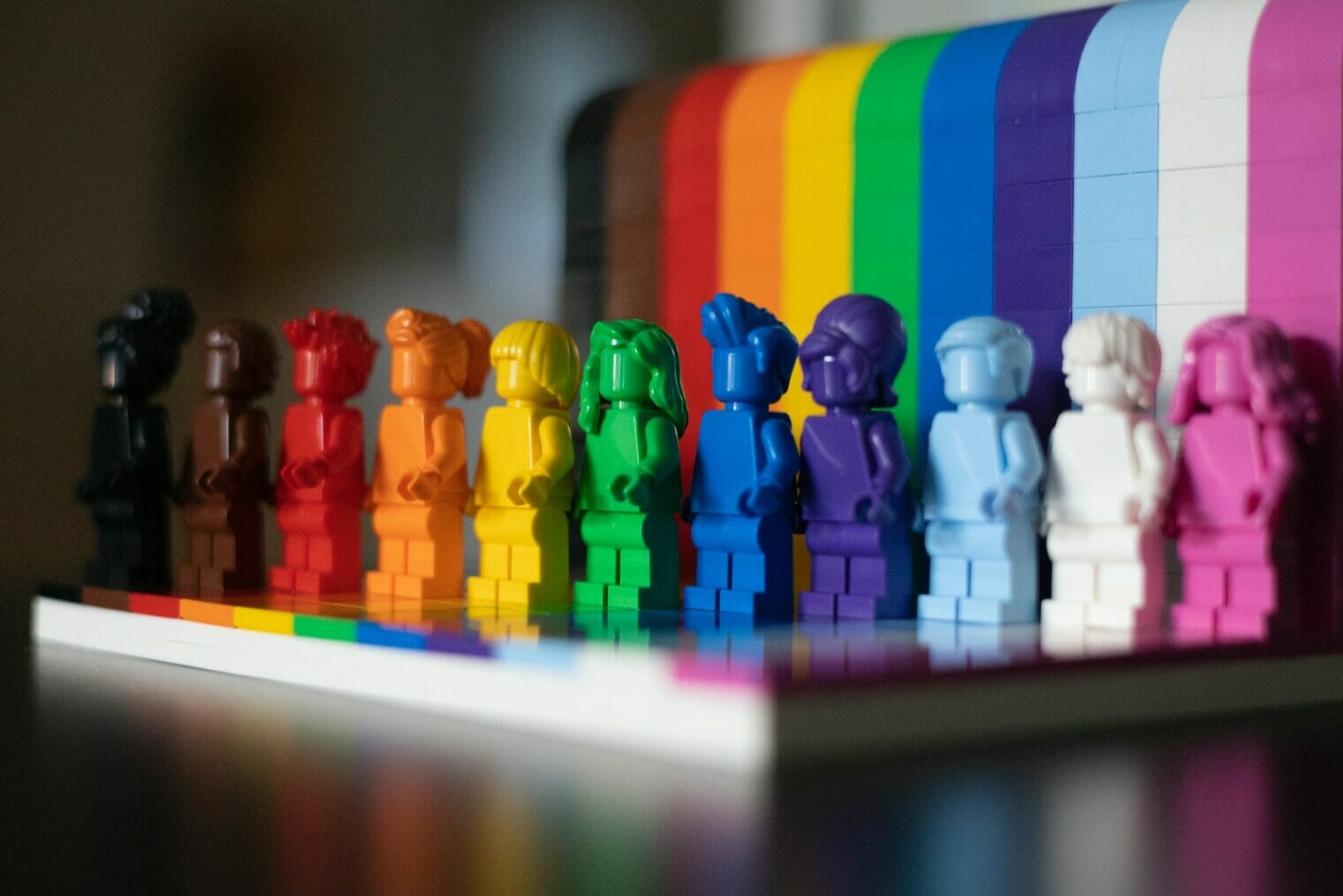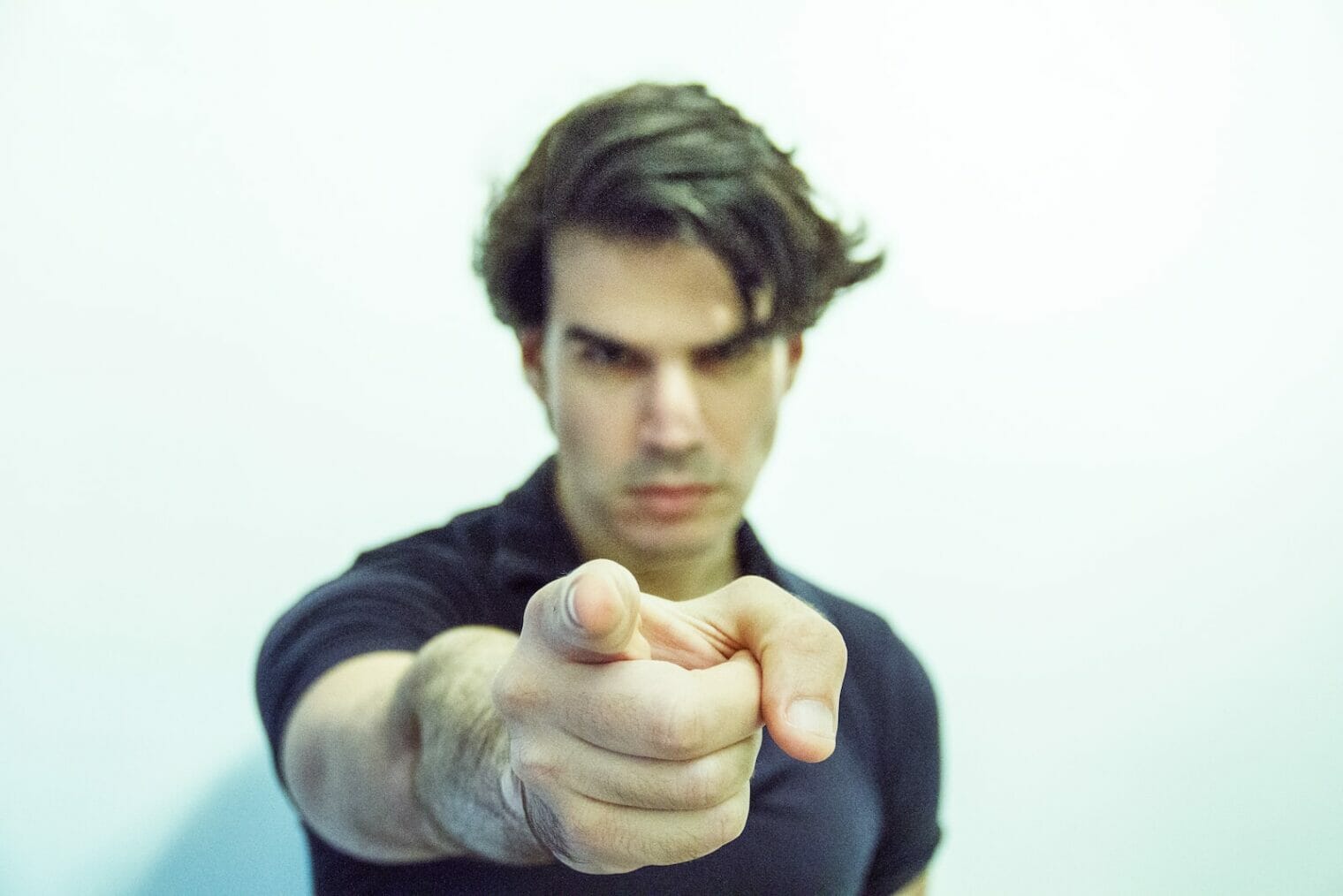
A few days ago, I had a dream. I dreamed I was in a school building of some sort, talking to my old friend, Cole. He said “Bianca, how come you didn’t respond to my discord messages?” I replied bitterly, “It’s because you never responded back to mine, because you never talked to me unless I initiated a conversation, and because you left my campaign to go play with another Dungeon Master!” (The “Dungeon Master” is essentially the narrator, NPC creator, plot-creator, and general controller of a D&D setting. He or she creates the world, its people, the story, and controls everything except for the players.) To which Cole answered “I didn’t know you felt like that, and I didn’t mean to ignore you!” Then I woke up, feeling very sad and missing my old friends all over again. In 2022, I started highschool. I wasn’t a particularly nervous student, I did well in my classes, was bold, straightforward, and humorous. Early on, I made a friend, Cole. He was funny and laid-back, and even if we always didn’t have similar interests, we could talk about a lot of things, home-life, school, memes, and funny moments. That was new, because before then, I thought that friends had to have very similar interests in order to be friends.
As the school year went on, I found more companions. John, Eric, Vincent, and Morgan. We played D&D during lunch, and there were many funny moments in the campaign set up (including, but not limited to: chicken throwing, mooshrooms from Minecraft, and a bottomless bag). I even got invited to two of my friends’ birthday parties! It was awesome, having friends again, and having more than two for the first time in my life at that! True, I wasn’t always the best person in the world; I have a bad temper and snapped at Cole a few times, but I think we made up alright, if how he still hung out with me was any indication.
But the next year, I moved schools. It was a difficult decision, and I tried to postpone it as much as possible, but the fact simply was I wasn’t getting the help I needed. When I broke the news to my playmates, I made all of them promise that we would keep in touch and that we would continue the D&D campaign. For the first few days, I was too busy acclimating to my new school to do any sort of play date or hangout. But when I finally managed to ground myself and had enough time spare, I noticed that the whole friendship thing was…. Different, somehow.
Sure, I managed to squeeze a few sessions outside of school, but I didn’t really feel like all of us “kept in touch”. Whenever I asked how their lives were going, or tried to start up a conversation, my friends would often give short replies, or not respond to me at all. Sure, not all of them were like that, Eric always was quick to respond and we did talk some bit, but even though he was always free for D&D, you can’t play D&D with only one player (I would recommend three, or at least four players. No more than six though). Over time, the gap between responses widened, and the number of texts I sent left on read piled up. When I asked why the lag, I was told by Cole “Busy” or by Vincent and John, nothing at all.
During the periods of waiting for my friend’s increasingly scarce texts, I began to notice some funky little details: I was the only one on the chat initiating conversations. Nobody else, unless prompted by me, would say anything. But my friends were online all the time, and seemed to be close, so why were they not talking to me, or each other? I didn’t know, and wouldn’t know for quite a while.
A few months later, in the middle of finals week, I logged onto my computer and checked the public D&D chat for some new notifications. I have two chat rooms, a private one for the friends mentioned before, and a public one for the D&D club I founded at my old school. I tend not to go to the public one because it’s mostly memes and other people talking about their campaigns, but I check on it occasionally. But on that day, I logged in, and found out what Cole, Eric, Vincent, and Morgan were doing online. They had joined another dungeon master’s campaign, and the chat relay showed them discussing the appropriate times to host a five hour long session. I don’t want to sound like a crybaby when I write this, but when I saw the chat history, something in me cracked, then dropped, before finally snapping with realization. Allow me to elaborate on why I considered my friends going off to another dungeon master a betrayal, even though when they asked me if they could before I moved schools, I said yes.
All of my pals, and this new dungeon master, were all engaged. They were planning, coordinating out times for what would happen where, and rescheduling when there was a conflict of interest. Everybody gave prompt responses about what time would work and what wouldn’t. Additionally, they were talking about other things besides D&D, and the new dungeon master wasn’t the only one initiating the conversation. They were actively seeking each other out to talk and to play D&D. That was what bothered me. When I try to arrange a session for my group, Eric is the only one who responds immediately. Vincent, John and the rest do one of three things: they leave my texts on read and don’t reply at all, say that they can’t come, or they do text back, but too late. Like I mentioned before, my friends also don’t talk to me unless I talk to them back. They have nothing to say to me.
How come my friends have time for five hour long sessions on a school night with this dungeon master, but can’t spend two hours with me on a weekend? How come they have all the time and all the things to say in the world to this new person, but won’t even acknowledge me when I ask how life’s been going for them? Besides being upset, I was confused. Why are Cole, Vincent, and the rest of the gang so distant to me online? They seemed so genial in person, why the change? When I asked my mom about this, about why my friends are so aloof now, when they used to be so bubbly and talkative, she taught me about the type of people in life, and the new type I just discovered with my friends.
In life, there are many kinds of people, and thus, many kinds of relationships. Some are ideal, people who will stay by your side no matter what. Others are only “pals” or “BFFs” when you have money. Then, there are some who my mom calls “friends of convenience” Essentially, people who talk, laugh, and bond with you, but only when it’s easy. The moment conversing becomes more challenging (like moving schools for example), these convenience friends instantly dissolve all ties you had with them, because it’s too troublesome to maintain the relationship.
Now that I look back, and finally have a name for these types of people, I realize that a lot of my comrades back then were friends of convenience. This understanding pulls my emotions in two confusing directions. On one hand, I’m relieved that for the most part, I wasn’t the reason why my friends decided to break ties with me. It would have happened eventually, what with me moving schools and making it harder to socialize. On the other hand, I am extremely frustrated. Why do all of my friends suck? Why do I have such bad taste in friends? Why do I keep on putting time and affection into people who won’t reciprocate the effort as much, or at all? It makes me scared to reach out and try to make new connections. Everybody in highschool (with the exception of the freshmen, or 9th graders) already have their own groups, like individual solar systems or ecosystems. Me? I’m just a rogue space rock bouncing up and down the galaxy like a windows screensaver, or a confused organism with an inconclusive ecological niche. Add on top of that the past experience of the friends I make all leaving me eventually, and I feel as though all of my friendships have an expiration date of two years (two years is the longest I’ve kept a friendship. Yes, I’m aware that’s a short time, I know how bad I am at making and keeping friends).
But I have to keep moving on. It’s just like what my mom said: I will come across many, many people. Some will be jerks at first sight, others will seem like friends but will inevitably back out when their “companionship” is put to the test. But there will be a few who will stay, and who are true friends. It’s like gold panning: You have to carefully sift through the river water and silt in order to find the gold. The mud will automatically be brushed away, the shiny specks of minerals and pyrite will be examined, and sometimes thought to be valuable, but aren’t. The real gold is small in number, but precious.
This blog entry does have a happy ending. At my new school, I started another D&D club. There, I recruited players for a novel campaign I had created involving ancient elemental robots and their mysterious extinction. The people participating in my campaign have different levels of experience in D&D, and sometimes can be annoying, but I like having friends again and spending time with them. I haven’t made any more connections besides D&D with them, but their willingness to help me on a school project shows promising signs. I’m not sure if my new friends are true friends, but I’m hopeful that they will be.





Leave a Reply